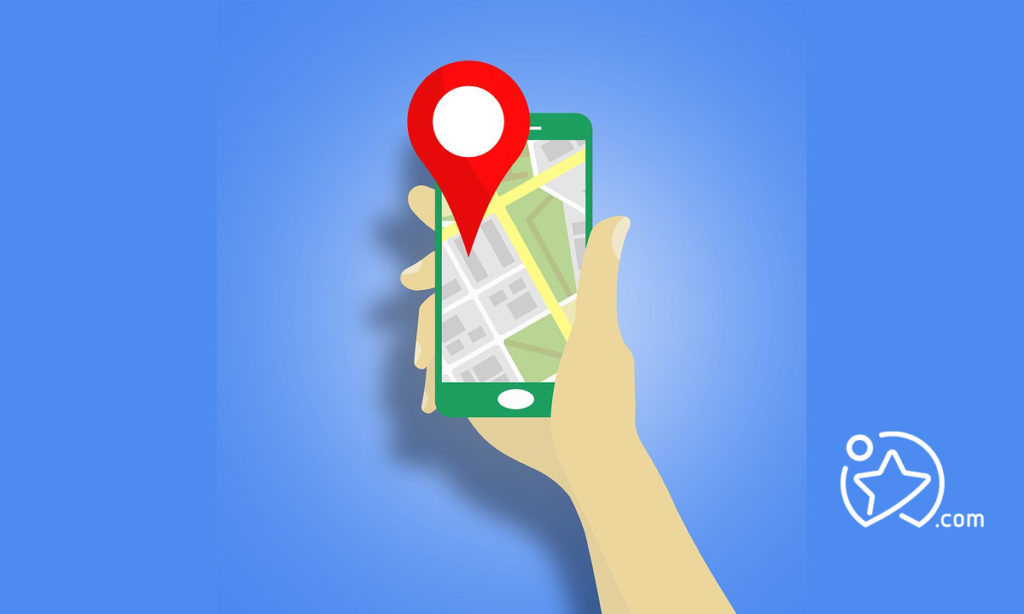We’ve all been there. On our way to meet somebody, low battery on our phones, and then poof! The last of our battery runs out and the connection to our intended rendezvous is dead. We have no way to know if our friends know we’re still coming and no way to tell them we are. Some online services have attempted to remedy this situation by adding live location sharing, but Google Maps might be taking it one step further; Google Maps could soon allow us to share our battery status with our friends.

How to Share Your Live Location on Google Maps
Click Here to ReadThe problem with live location sharing is that it can drain your battery. You could be happily sharing your location with your friends so that they know where you are and when you’ll arrive at your intended destination, but you could quickly find your device dead in your pocket with no signal being sent to anybody. If you were sharing your battery status, those friends would know why the line had suddenly gone dead.
This proposed new change was first reported on by Android Police when they discovered it in a future APK version of Google Maps. As well as showing the battery status it would also show whether the phone was charging or not. The more eagle-eyed of your friends might see your battery status and think to bring a charger with them if you’re running low.
All in all, this is only a small change, but it could make a positive difference to the user experience so innovation of this kind should always be applauded.
There is still no news about when Google will roll this feature out to the general public.
Follow me on Twitter: @PatrickDevaney_
Via: Android Police and Uber Gizmo


